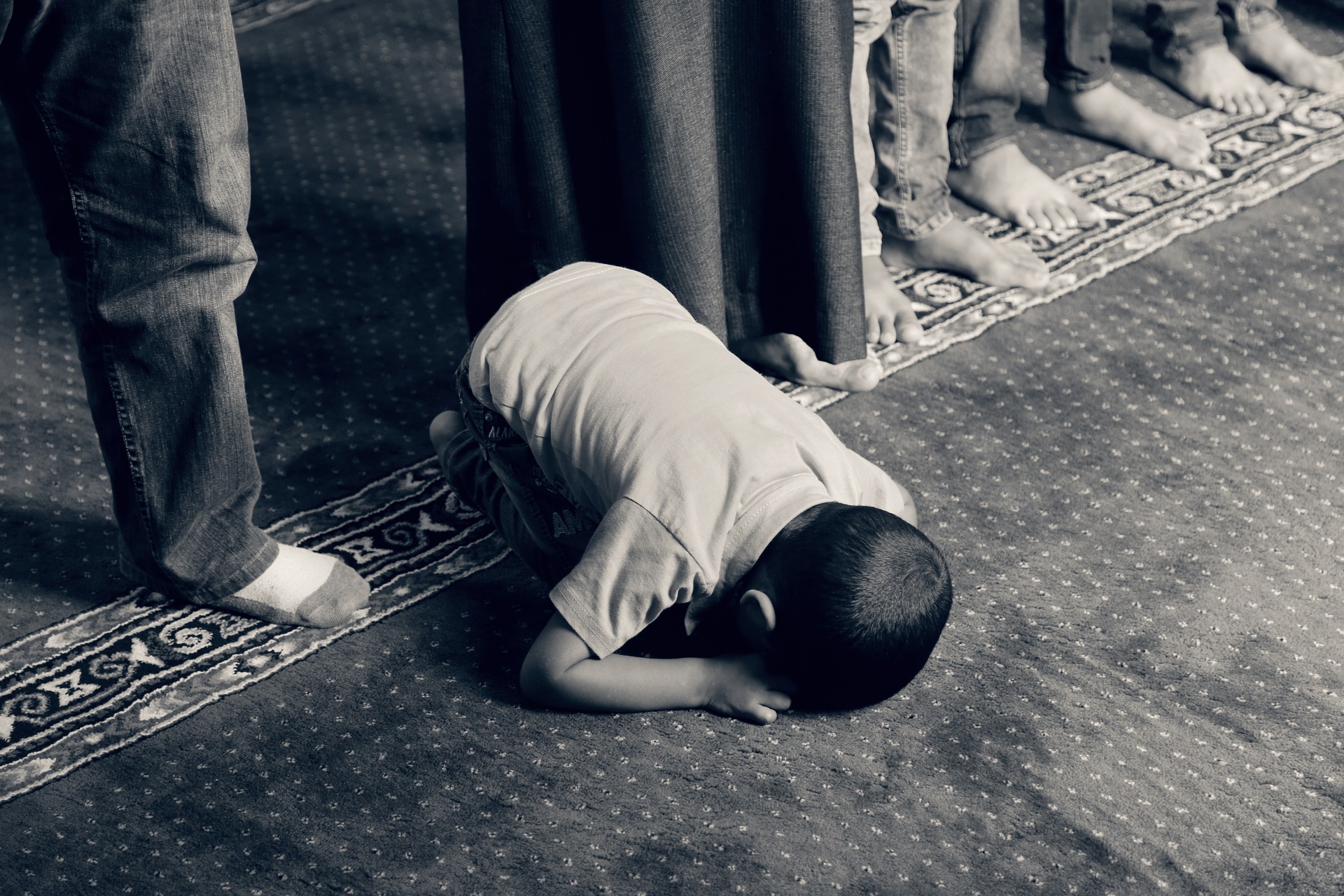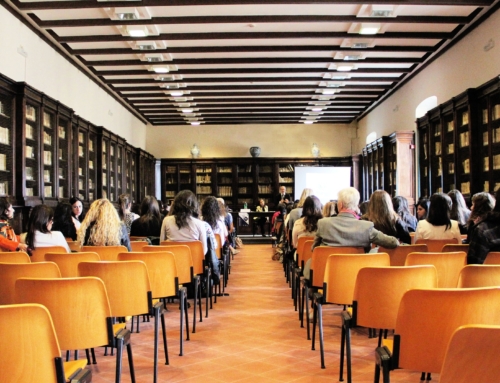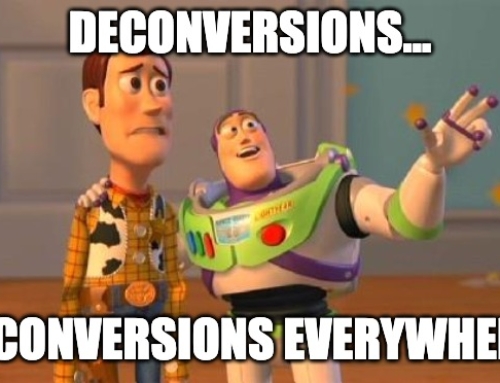In talks about deconstructing faith, I thought it would be helpful to go back to the basics and, well, deconstruct.
So what, exactly, is the nature of this “faith” that we are deconstructing?
Some definitions you can find if you bothered:
Now faith is being sure of what we hope for and certain of what we do not see. This is what the ancients were commended for. By faith we understand that the universe was formed at God’s command, so that what is seen was not made out of what was visible. – Hebrews 11:1-2
Interesting that the New Testament includes certainty of something, namely, what is hoped for and what is not seen with the eyes.
Google highlights two:
- Complete trust or confidence in someone or something
- Strong belief in God or the doctrines of a religion, based on spiritual apprehension rather than proof
More interesting themes: trust and confidence show up again, and this time Google offers a dichotomy (one I despise), namely: “based on spiritual apprehension rather than proof.” I won’t go into it here, but I hate that way of thinking.
The Protestant Reformers wrestled much with the idea of faith. They argued that faith from a biblical perspective included notitia, assensus and fiducia: understanding, assent, and trust.
Understanding is self-explanatory, though for the Reformers it involved properly understanding the message of Jesus.
Assent is acknowledging the truth of what you understand. You don’t just get it – you believe it.
Trust, finally, is actually living consistently with what you’ve assented to. It is the genuine outworking of belief. It’s walking across the bridge, trusting that it will get you to the other side.
The gist: faith is belief and trust in some sort of reality or person.
But what is faith like, and where does it come from?
Why we believe… or not
The origins and nature of faith differ from person to person.
Generally speaking, faith is usually inspired by something (evidence, challenge, community) and clung to for different reasons as well. Most of us probably have a mix of social, emotional and intellectual reasons for our beliefs, religious or not.
I remember having a spiritual conversation with a friend in a Muslim country. We talked about our beliefs, and at one point I asked him about whether or not he could ever become a Christian.
He was incredulous, but not for the reasons you might think.
In the West, we are so individualistic that it’s easier to imagine completely changing some of our affiliations. We believe in God one day and “lose faith” the next. We get red-pilled and consider ourselves conservative over liberal.
But for my friend who lives in a collectivist culture, it was not so much about the intellectual or emotional. He suggested he found my views interesting and beautiful.
“My family, my friends, my city, my country, all are Muslim,” he told me. The idea of disassociating with all of those people and their culture (and to thereby be disowned and perhaps even jailed) was absolutely unthinkable to him.
Even us Westerners have trouble doing things we think most people wouldn’t approve of, whether it’s family or society at large. Religion is often perceived negatively, so many are averse to it.
We’re not so different than my Muslim friend.
The role of mind and the heart
We all have intellectual and emotional reasons for our beliefs as well.
The intellectual is perhaps obvious: you are faced with some facts, and respond (believe) accordingly.
The emotional can be less clear. It may be a bit of intuition. But more than that, it is a deep compulsion based on experience or being moved by an idea, something deep within us, perhaps inspired by an event or a person.
Some of us know certain religious people who compel us deeply. Whether or not we’re prone to religious thought, these people give us hope in it even when we have none.
Others have had experiences that felt so utterly divine that we can’t imagine squaring how we feel about them with a completely natural world (note the overlap between emotional and intellectual here). Perhaps we are so thankful that we think God MUST exist. Who else can this gratitude go to? An impersonal reality could never appreciate it!
Faith is inevitable
Of course all of these work both ways. I know many an atheist who hates the very Person he thinks doesn’t exist. And I know at least a few who could argue damn well that He doesn’t, even if I tend to disagree in the end.
Nonetheless, even the most naturalistic worldviews have faith. They have daily faith in people or things. But they also have massive metaphysical assumptions that they cannot prove.
In this way, faith is inevitable. We all believe something, whether we think we do or not. We all trust certain realities to be true and live as though they are.
Faith is inescapable, if it is nothing else.
The question, then, is not whether or not we have faith, but where we are placing it. Perhaps it is more than a single choice made, but a journey and an evolution.
Hopefully, it is a beautiful one that leads you to truth.






